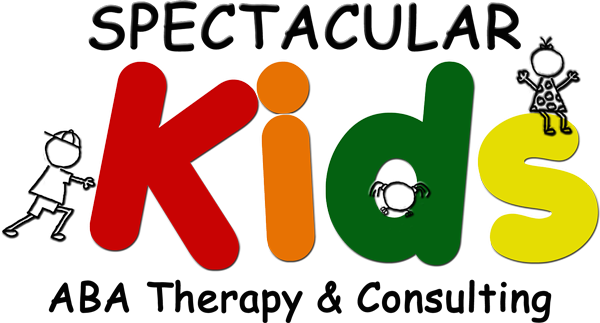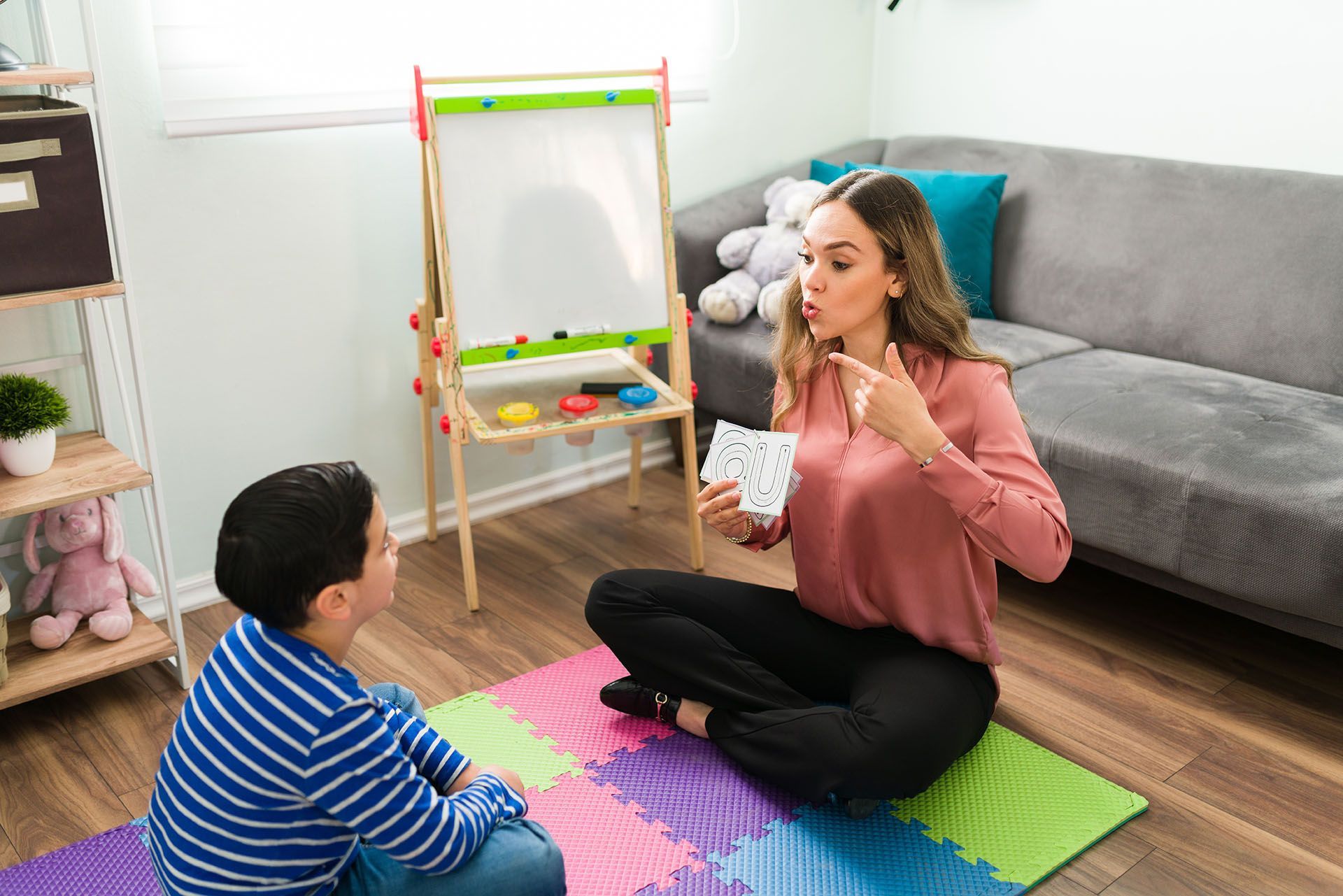What to Expect When You're Referred to an ABA Therapist
If your child has recently been referred to ABA therapy, you likely have a lot of questions about what to expect. ABA therapy is a very common treatment for certain developmental disorders, such as autism, but you may not fully understand what it entails or how it could help your child. According to the American Academy of Pediatrics, children between the ages of 18 and 24 months should be screened for autism at well-child visits, in addition to other developmental screenings. Read on for an overview of some key things to know as you start ABA therapy.
What Is ABA Therapy?
First, let’s cover the basics. ABA stands for applied behavior analysis. It is a therapy method that aims to improve specific behaviors, especially relating to social skills, communication, cognition, and self-help skills. The techniques are catered to your child and involve breaking down skills into small teachable steps through encouragement and rewards. An ABA therapist will get to know your child’s needs and interests to develop a customized treatment plan. The consistent structure of ABA therapy sessions helps reinforce positive behaviors in a supportive environment.
Understanding the ABA Approach
ABA therapy takes a very systematic approach, assessing your child’s current abilities and targeting skills to work on through repetitive learning and motivation systems. You’ll likely notice your ABA therapist employing strategies like using clear instructions, breaking down activities step-by-step, providing positive reinforcement through praise or small rewards, and collecting data to track progress. The highly customized nature of ABA therapy is key -- sessions involve play-based learning with lots of repetition to build mastery.
Seeing Progress
While some kids show significant improvements within months of starting ABA therapy, for many it takes consistent sessions over years to see major changes. However, you should observe gradual progress as your child develops new skills and positive behaviors through structured ABA activities. Tracking measurable objectives and benchmarks will help you understand their improvements. Progress comes easier when ABA therapy is started earlier, so don’t get discouraged if change seems slow.
ABA therapy provides a customized learning approach that can have immense benefits for children with developmental delays. While it takes time and consistency, the highly tailored structure of ABA sessions helps reinforce positive behaviors through repetition, reward systems, and data tracking. Working closely with your child’s Board Certified Behavior Analyst (BCBA) will give you a deeper understanding of this proven therapy method. If your child has been referred to
ABA therapy, and you're looking for a caring and individualized program, reach out to us at Spectacular Kids to schedule an appointment.
Leave Your Comment
Recent Posts
NEED MORE INFO?
If your child was diagnosed with Autism Spectrum Disorder, find out how ABA Therapy might be able to help your family.

Our experienced team strives to offer a creative and engaging environment and the opportunity for children to learn, grow, and thrive.
Newsletter Subscription
We will get back to you as soon as possible.
Please try again later.
Quick Links
Our Contacts
Kingwood, TX: 2665 Royal Forest Dr., Suite B200, Kingwood, Texas, 77339
Missouri City, TX: 7435 Highway 6, Suite F, Missouri City, TX, 77459
Ph: (281) 713-8980
Email: [email protected]
Business Hours: Monday - Friday 8:00 a.m. - 5:00 p.m.

All Rights Reserved | Spectacular Kids ABA Therapy and Consulting, LLC | Website Design by True Digital Marketing





